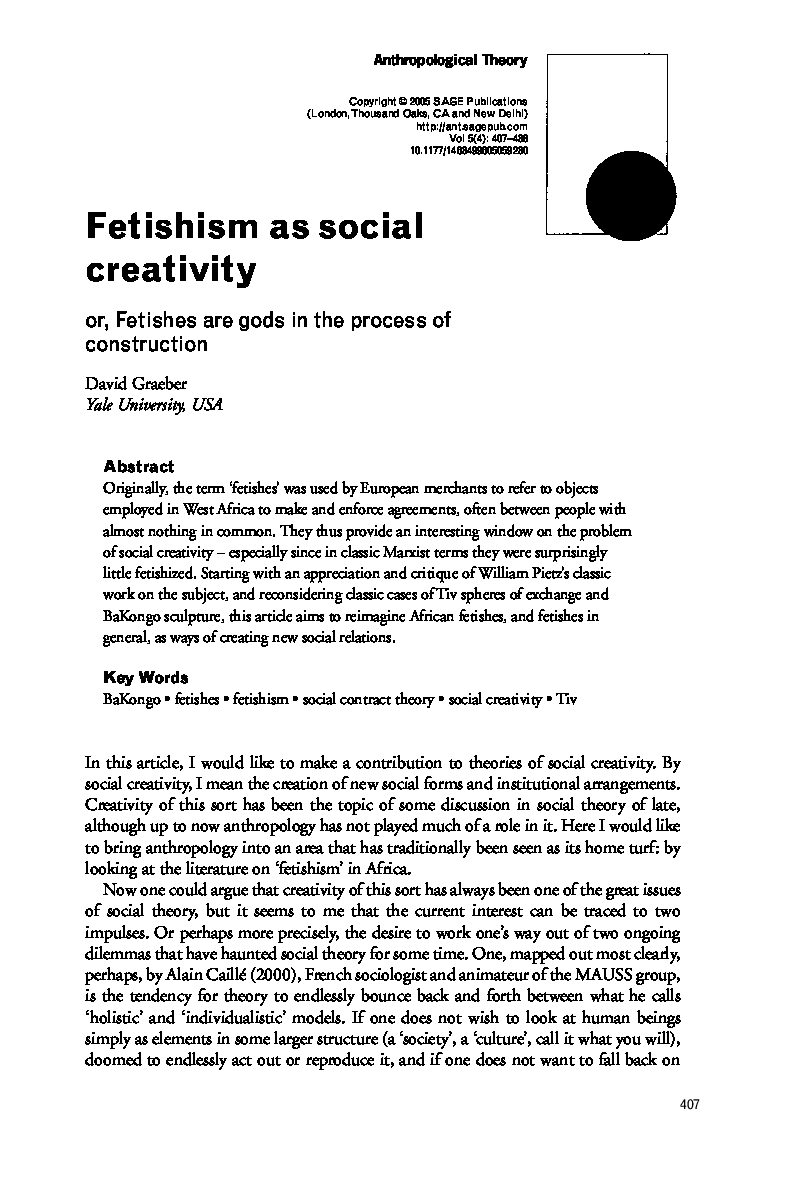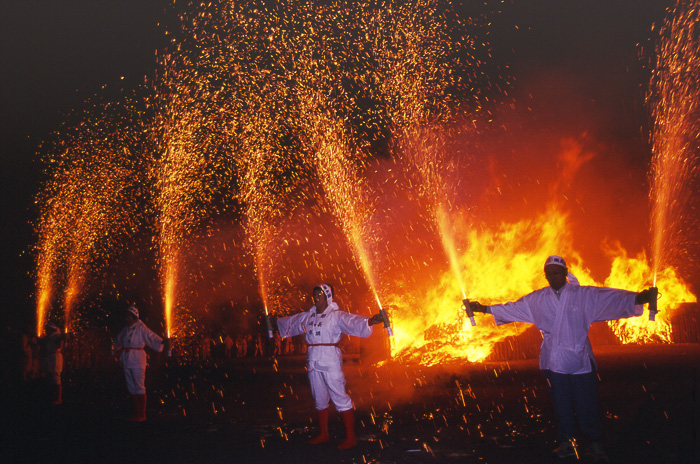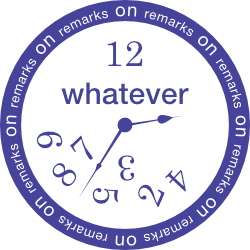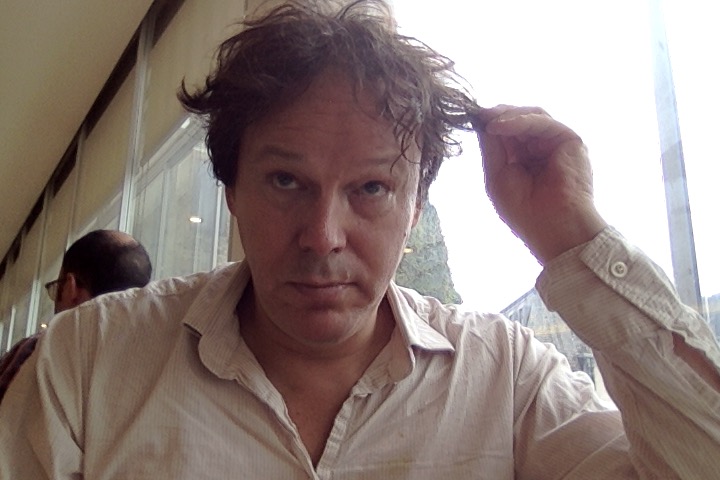Papers
Collection of papers

Beyond Power / Knowledge exploration of the relation of power, ignorance and stupidity
Let me begin with a brief story about bureaucracy.
Over the last year my mother had a series of strokes. It soon became obvious that she would eventually be incapable of living at home without assistance; since her insurance would not cover home care, a series of social workers advised us to put in for Medicaid.

Anthropology and the rise of the professional-managerial class
Many of the internal changes within anthropology as a discipline—particularly the “postmodern turn” of the 1980s—can only be understood in the context of broader changes in the class composition of the societies in which university departments exist, and, in particular, the role of the university in the reproduction of a professional-managerial class that has come to displace any working-class...

Reflections on Reflections
In many ways Sherry Ortner is the anthropologist’s anthropologist.

Radical alterity is just anotherway of saying “reality”
A reply to Eduardo Viveiros de Castro
As a response to Eduardo Viveiros de Castro’s critique of my essay “Fetishes are gods in the process of construction,” this paper enters into critical engagement with anthropological proponents of what has been called the “ontological turn.”

Fetishism as social creativity
Originally, the term ‘fetishes’ was used by European merchants to refer to objects employed in West Africa to make and enforce agreements, often between people with almost nothing in common. They thus provide an interesting window on the problem of social creativity – especially since in classic Marxist terms they were surprisingly little fetishized.

It is value that brings universes into being
Any theoretical term is an implicit statement about human nature. Anthropologists tend to be uncomfortable with this fact but it is nonetheless true. Even if one were to make a statement as apparently innocuous as “ritual can take many forms in many places,” one is still asserting that “ritual” is a meaningful cross-cultural category, implying...

Culture as creative refusal.
Many aspects of culture that we are used to interpreting in essentialist or even tacitly evolutionist terms might better be seen as acts of self-conscious rejection, or as formed through a schizmogenetic process of mutual definition against the values of neighbouring societies.

Dead zones of the imagination: inviolence, bureaucracy, and interpretive labor
The experience of bureaucratic incompetence, confusion, and its ability to cause otherwise intelligent people to behave outright foolishly, opens up a series of questions about the nature of power or, more specifically, structural violence.

Remarks on Wittgenstein’s Remarks on Frazer
The following essay was prepared for the volume “The Mythology in Our Language”—an anthropological response to Wittgenstein’s famous critical commentaries on Sir James Frazer’s The Golden Bough, edited by Giovanni da Col and Stephan Palmier.






